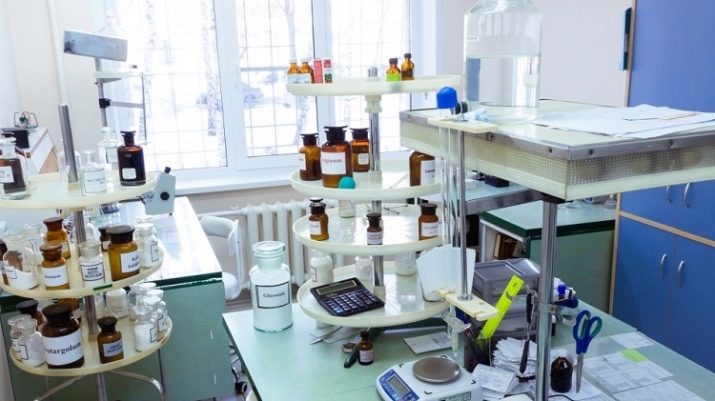All about the profession of pharmacist-technologist
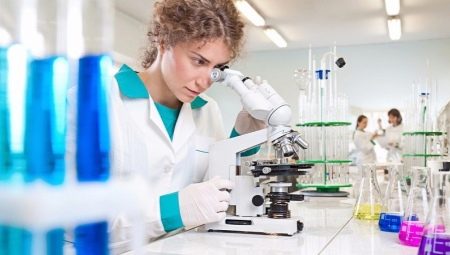
More or less all people know who is a technologist and who is a pharmacist. But any specialization is fraught with many secrets that must be taken into account. It's time to find out everything about the profession of a pharmacist-technologist, to understand what he is doing, what skills he should have, and how the workplace of this specialist is arranged.
Peculiarities
It is not hard to understand that the work of a pharmacist-technologist belongs to the pharmaceutical and medical industries. The requirements for such specialists are approved by order of the Ministry of Health. They can work both in pharmaceutical companies and in pharmacies that are licensed to manufacture drugs themselves. The right to hold a position is confirmed by a certificate of a certain type. Pharmacist-technologist Is a real all-rounder who has a much wider range of knowledge and skills than an ordinary pharmacist.
Since the pharmaceutical industry makes contact with various substances inevitable (among which there are toxic, foul-smelling, coloring, evaporating), very an important requirement is the absence of allergic reactions. Several pharmacists-technologists can work in industrial pharmacies at once. Usually, in this case, they have a narrower specialization. Sometimes one specialist is assigned to supervise the work of other employees.
The pharmacist-technologist reflects working manipulations in special magazines. They must follow the standard operating procedures for each pharmacy. Such specialists regularly pass medical examinations. Every year they need to receive certificates of psychiatric and narcological examination.
You will also have to receive a sanitary book of the established sample.
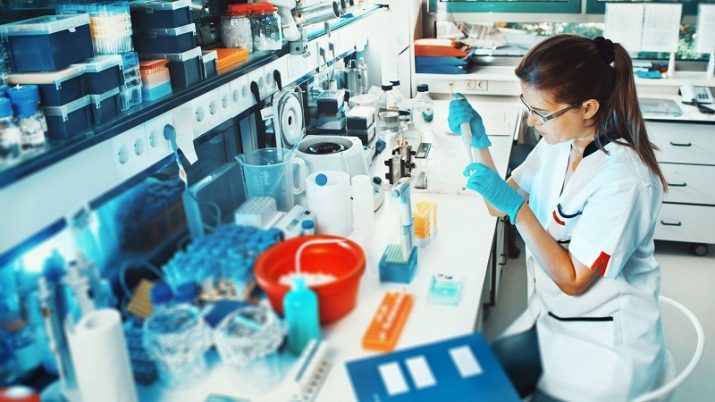
Responsibilities
The federal professional standard for a pharmacist-technologist prescribes these specialists to deal with:
- organization of drug circulation;
- providing ordinary citizens and various organizations with safe, fully functional medicines and other goods;
- acceptance control of medicines and other standard pharmacy goods;
- correct storage of entrusted property;
- informing ordinary citizens, personnel of medical institutions about the properties of the goods sold;
- manufacturing of medicines;
- pharmaceutical expertise of prescriptions and other pharmacy documents;
- assessment of the characteristics of drugs;
- checking the correctness of the appointment and safety of the use of medicines;
- registration of prescriptions and dispensing of drugs in the prescribed manner.
A number of other duties are also prescribed in the job description of a pharmacist-technologist.... So, he must monitor the compliance of the name of drugs with prescriptions or requirements. Accounting for the compliance of drugs with age and gender characteristics of patients depends on them. The pharmacist-technologist is responsible for the safety of the packaging, adherence to the expiration dates, and for the accuracy of the labeling. He is engaged in pre-sale preparation and laying out of the entire set assortment.
Also worth mentioning:
- research of demand and actual needs;
- processing applications from organizations;
- orderly delivery of goods in a pharmacy to medical organizations.
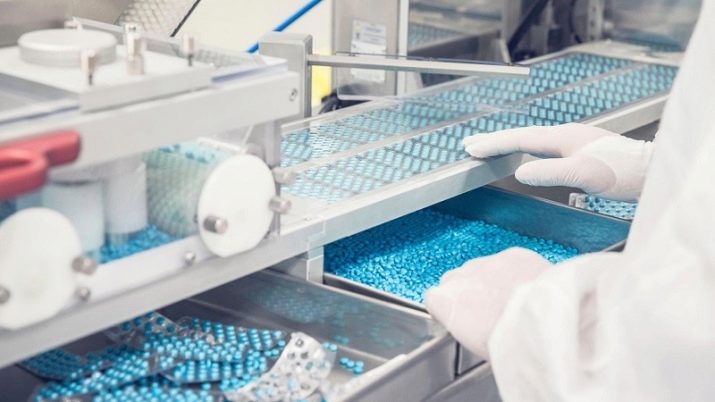
Knowledge and skills
Pharmacist-technologist:
- knows the regulations and applies them;
- knows how to track recipes and requirements;
- ready to keep correct records of all property;
- owns the rules for drawing up pharmacy documents;
- able to analyze the achieved results;
- knows how to identify the errors that have appeared, eliminate them and deal with the causes;
- knows how to draw up clear work plans;
- efficiently allocates his own time;
- owns computer systems used in pharmacies, other information technologies;
- owns the current range of drugs, their pharmacological classification;
- knows the peculiarities of the use of various groups of medicines and the most popular drugs, contraindications, side effects, active substances, analogues and antagonists;
- applies labor protection standards in his work;
- owns fire safety skills, rules of action in a critical situation;
- knows the basic requirements of pharmacological marketing.
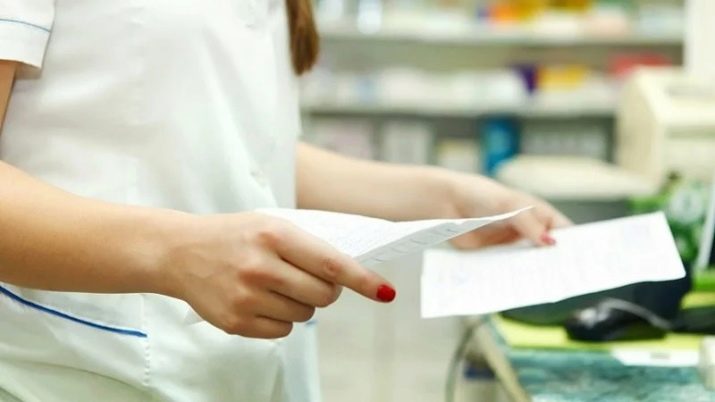
Education
Pharmacists-technologists are trained not only by state, but also by non-state educational institutions. An example is Medical University "Reaviz" (Samara). Of course, there is a corresponding specialization in Moscow State University, and at the First Medical University named after Sechenov... A good option is also admission to RNIMU named after Pirogov.
Outside the capital, noteworthy:
- DFU;
- Ural State Medical University;
- Volga Federal University;
- Samara Medical University;
- Tyumen and Novosibirsk medical universities;
- Chemical and Pharmaceutical University of St. Petersburg;
- OmGMA.
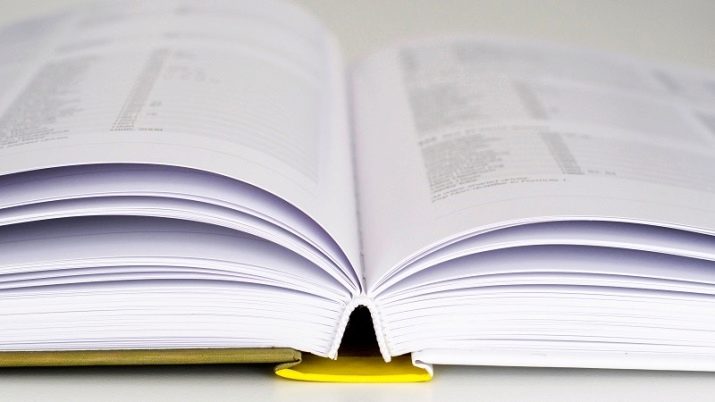
Workplace
Pharmacist-technologist usually works or in the defect room (in a large enterprise), or in the material room (if he is a pharmacy employee). Sectors are allocated in the rooms for their intended purpose. In one sector, the main components are stored, in the other they are mixed, in the third they wash and clean the dishes. A separate area is set aside to accommodate the required equipment.
Must be in the room:
- tables with pull-out drawers;
- cabinets with swivel sections;
- lift-swivel chairs with a variable back height;
- fireproof safe;
- pharmacological refrigerator for unstable medicines;
- office equipment;
- means of pharmacological mechanization;
- price lists;
- reference books on medicines (their solubility, maximum doses, compatibility);
- other publications and information materials necessary for work;
- communication systems with other employees.
